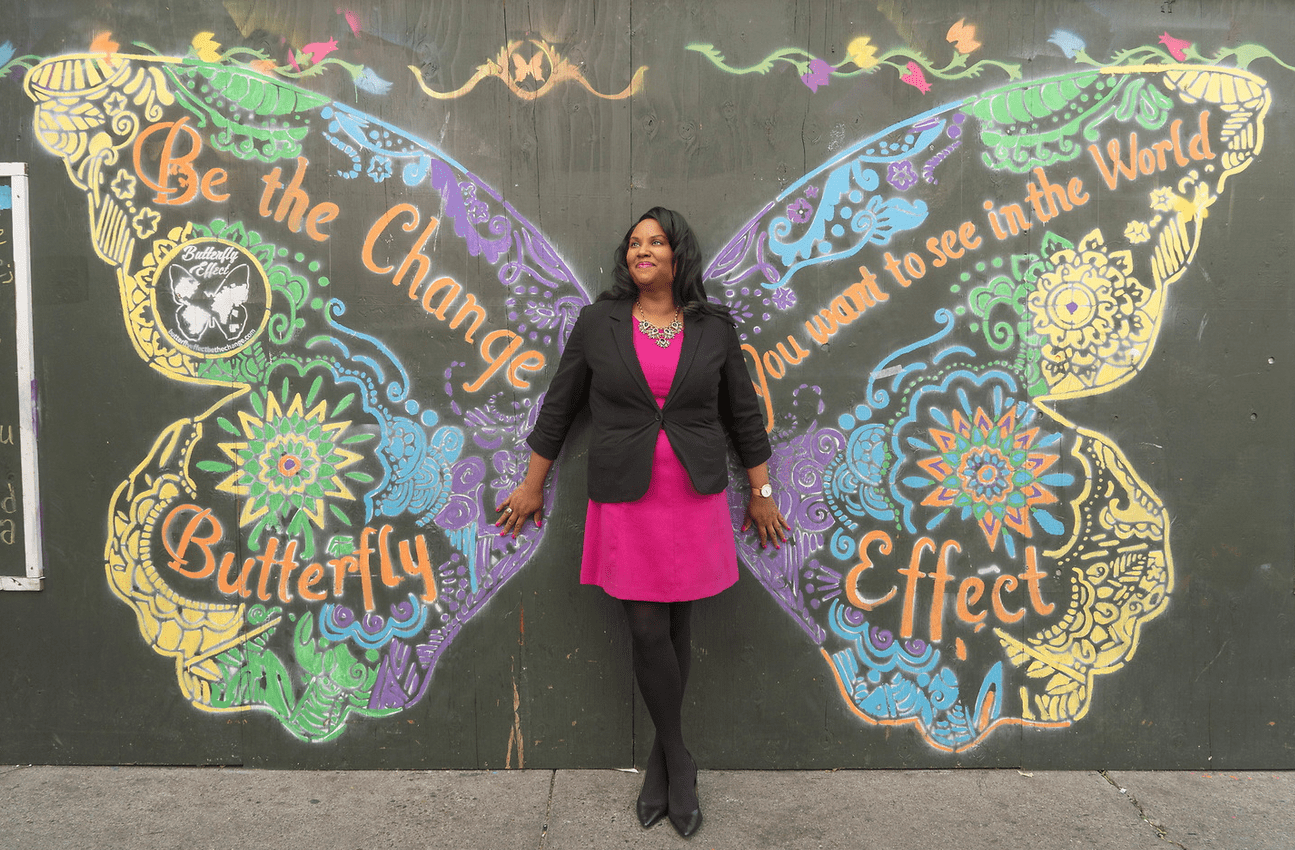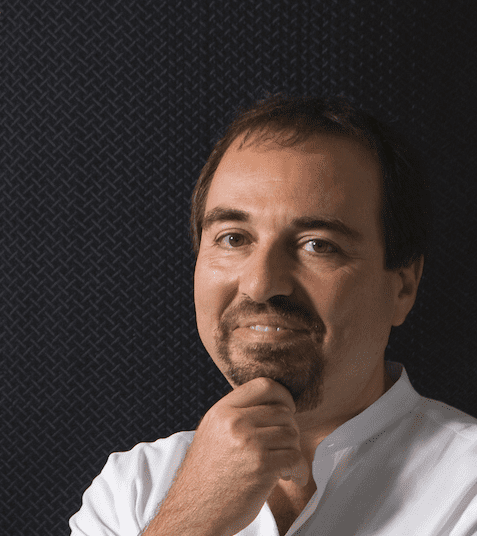
Community Group Advocacy & Social Change Lawyering Clinic
The Community Group Advocacy and Social Change Lawyering Clinic is designed for students considering a career in social change lawyering and interested in learning how to work as effective partners with activist community groups pressing for social change. The Clinic focuses on the range of skills and persuasive strategies that social change lawyers utilize— including grassroots lobbying, legislative drafting, community organizing/mobilizing, community legal education, media campaigns, and/or organizing public hearings. Students work in teams and are placed with Bay Area social justice lawyers or community groups to work on a defined project affecting lower-income, working-class, of-color, and other marginalized communities. Collectively, the projects introduce students to the broad range of approaches to making social change and to working as partners with community activists and groups, rather than simply navigating the legal system on their behalf.
Who Might Be Interested?
- Students considering a career in social change lawyering or advocacy and interested in learning about non-litigation approaches to making social change.
- Students interested in working with community groups and activists.
- Students interested in politics, government, and policy advocacy.
There are four hours of regularly scheduled seminar time per week. Discussions integrate extensive readings on different approaches to making social change (including framing, a variety of approaches to community organizing/mobilizing, community legal education, and grassroots lobbying) and their application to students’ fieldwork projects.
Substantive legal areas vary each semester, as the emphasis is on assembling an array of projects with diverse approaches to pursuing social change.
- Students worked with Legal Services for Children and a coalition of Central Valley parents, students, and advocates to discuss how to limit or shape police presence and activities on public school campuses.
- Students worked with the Ella Baker Center for Human Rights to inform prisoners and their families of how to take advantage of recent legislation eliminating mandatory sentence enhancements.
- A team of students worked with National Nurses United/California Nurses Association to develop community education presentations on how proposals for universal health care coverage would impact racial disparities in health care access and outcomes.
- Students worked with a statewide coalition of domestic workers’ organizations to lay the groundwork for passage of a Domestic Workers Bill of Rights;
- Students worked with the San Francisco Human Rights Commission to design and organize a public hearing on “The Human Rights Impact of the War on Drugs” on San Francisco residents and communities;
- Students worked with Legal Services for Children to advise an East Bay continuation high school on how to augment or replace traditional school discipline measures with restorative justice principles and practices;
- Students worked with Legal Services for Prisoners with Children and a coalition of prisoner activists and their families to publicize and seek to end California’s extensive use of long-term (often indefinite) isolation in solitary confinement cells in prisons that are already maximum-security facilities.
- Students worked with the Immigrant Legal Resource Center and Central Valley grassroots immigration groups to develop written and audio materials to advise immigrants and services providers about the Deferred Action for Childhood Arrivals program.
- Students worked with a statewide tenants’ organization and tenants in Merced, California, to draft and lobby for a just cause for eviction ordinance to prevent banks from evicting rent-paying tenants from rental housing simply because their landlord lost the property through foreclosure.
Clinical Instructor
The Clinic is taught by Ascanio Piomelli, advisor to the Social Justice Lawyering Concentration, and an analyst and proponent of what has variously been labeled as a “democratic,” “collaborative,” or “rebellious” approach to social change lawyering.
Comments from Clinic Alumni
“The Community Group Advocacy and Social Change Lawyering Clinic was the most personally and professionally impactful experience I had during my time at UC Law SF. My team was placed with the Prisoner Hunger Strike Solidarity Coalition during the Spring of 2013. We worked to design and launch the Stop the Torture media campaign against the use of long-term solitary confinement in California. As part of this assignment, we corresponded with and visited hunger strike leaders imprisoned in the Secure Housing Unit at Pelican Bay State Prison. We worked closely with families and community organizers as well as the legal team on the corresponding class action lawsuit, Ruiz v. Brown. We prepared and attended a legislative hearing of the Assembly Public Safety Committee on CDCR’s use of long-term solitary confinement in California prisons. At the end of our placement, the fruits of our labor were an overwhelmingly successful Prisoner Hunger Strike – 30,000 prisoners participated – and a massive media response. This experience has proven invaluable in job interviews and with senior colleagues at many internship and clinical placements. In addition to the fieldwork, I gained a lot personally from the comprehensive and fascinating reading on various aspects of social justice, rebellious, and collaborative lawyering in the Group Advocacy Clinic’s seminar. These small group discussions tackled complex, challenging topics that became foundational in my lawyering practice and personal philosophy, conversations that I wasn’t finding elsewhere in law school. The readings focused on diverse and nontraditional approaches to the law, including zealous advocacy in community organizing, community legal education, and direct services. I also formed a great friendship with my partner and a significant bond to the rest of my classmates. I am very grateful to Professor Ascanio Piomelli for his mentorship and the Group Advocacy Clinic for teaching me how to be a radical lawyer.”
“I highly recommend this clinic; it was the best class I have taken in law school. It was a very practically useful class, we explored movement history, techniques you can use in your practice, what it means to be a social change focused lawyer, and a variety of organizing techniques. I still occasionally refer to the reader and share the articles in it with friends. It was the class that best aligned with my goal of trying to change things and my own personal ideals. The fieldwork was amazing. Basically, you work in pairs and each pair is hosted by a non-profit to do a certain kind of work, so you get to affect the lives of real people. My project involved advising an East Bay continuation high school on how to augment or replace traditional school discipline measures with cutting-edge restorative justice principles and practices.”
“The Community Group Advocacy Clinic was a highlight of my clinical education at Hastings— in fact, a highlight of my entire time at UC Law SF. As a student interested in social justice, community work, and real-life experience, the Group Advocacy clinic provided me with a perfect opportunity to hone my skills in a practical way. I spent the semester learning about an issue that was new to me – immigration reform – in a dynamic setting, by preparing educational materials and a hour-long presentation for immigration advocates on recent legal developments. I was impressed by how seriously my field supervisor at the Immigrant Legal Resource Center took community legal education and ensuring that it was not just informational, but participatory and interactive. I learned tricks about presentations that I use every time I do a presentation in my current job! In addition to the great experience outside the classroom, I had a wonderful experience in the classroom as well, with thought-provoking readings and discussions about issues that mattered to me.”

“I’m so glad that I participated in the Community Group Advocacy & Social Change Lawyering Clinic! I was particularly interested in this clinic because it aligned with the work I did before I came to law school: political organizing. Like many students, by my third year of law school I felt a bit distant from the reasons I originally came to law school. Although Bar prep classes are incredibly important, not all of them matched up with the type of law I envisioned myself practicing. Participating in this clinic helped me reconnect with my passion for social justice and re-inspired me as I began to prepare to embark on my law career. In the clinic, I faced challenging situations arguing on behalf of my clients, particularly those affected by police policies regarding use of force and practices of brutality. I learned to dig in, persevere, and to not let my voice be silenced. Specifically, I learned how to choose my words carefully, and that this can be a large part of making an effective persuasive argument. If I had to give a law student advice about joining a clinic at UC Law SF, I would ask them, what kind of lawyer do you want to be? The Community Group Advocacy Clinic helped me find this. I am so grateful I found this outlet at Hastings to help me accomplish the goals that brought me to law school in the first place.”